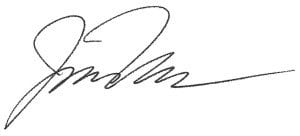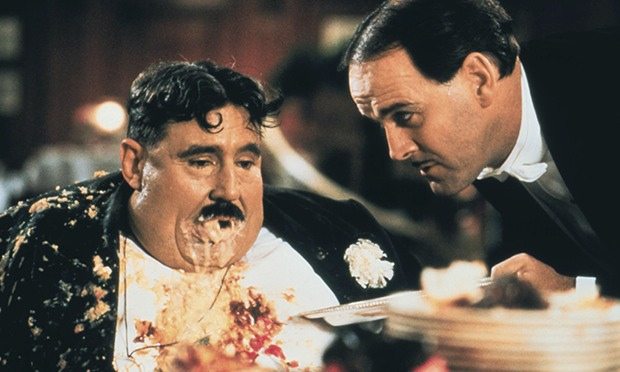Last week, I noted here that a relatively rare condition had arisen in which stocks and expected volatility had risen at the same time. This morning, I noted on twitter that the Nasdaq Composite and its volatility index (VXN) had never been more positively correlated than they have over the past 10 days. This week, I’d like to briefly put forth my best guess as to why this is happening.
As noted by Jason Goepfert, speculative call buying has recently surged to levels never seen before.
Speculative options trading reached the equivalent of 12% of NYSE volume last week.
Like some combustible combo of musical chairs, Russian roulette, and five finger fillet.
How many traders can dance upon the head of a pin? pic.twitter.com/nsCeyKH093
— SentimenTrader (@sentimentrader) August 29, 2020
This has dramatically pushed up the prices of those call options relative to put options, especially in the popular speculative names in the market.
'There are a handful of quant funds pushing around a few stocks in the options markets. The dealers are getting very nervous. How short is the Street gamma? VERY.' https://t.co/Wp5DG4zILC by @Convertbond pic.twitter.com/jNjPNEHJOS
— Jesse Felder (@jessefelder) September 2, 2020
At the same time, market makers selling all those call options to the traders buying them are forced to hedge by buying the underlying stocks.
'If short gamma hedging lifted stocks, logically it should also be capable of exacerbating moves the other way. When shares fall, market makers are likely to unwind hedges at an increasing speed, spurring more losses.' https://t.co/ojNZvf97WD
— Jesse Felder (@jessefelder) September 2, 2020
Rapidly rising call premiums pushes volatility measures higher while surging dealer demand for stocks pushes prices higher. However, this is not a sustainable situation. And the inevitable unwinding of it could be even more volatile than anything we’ve seen so far.

